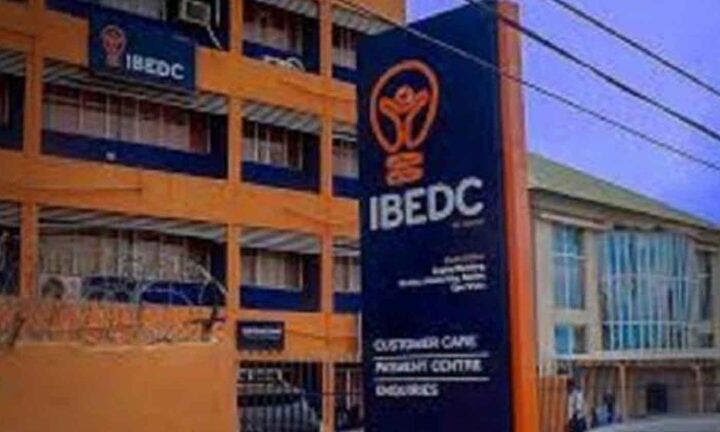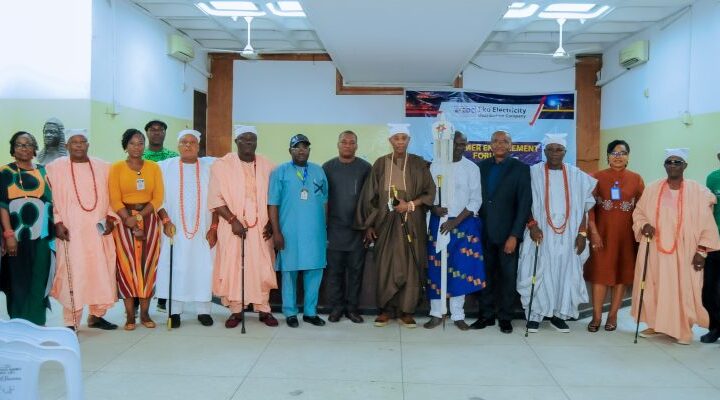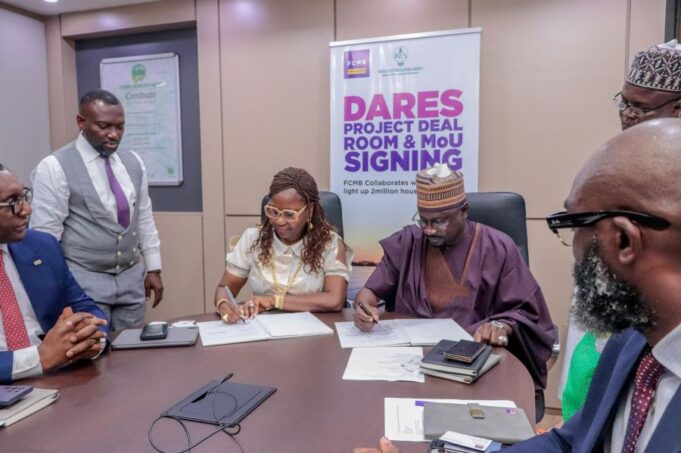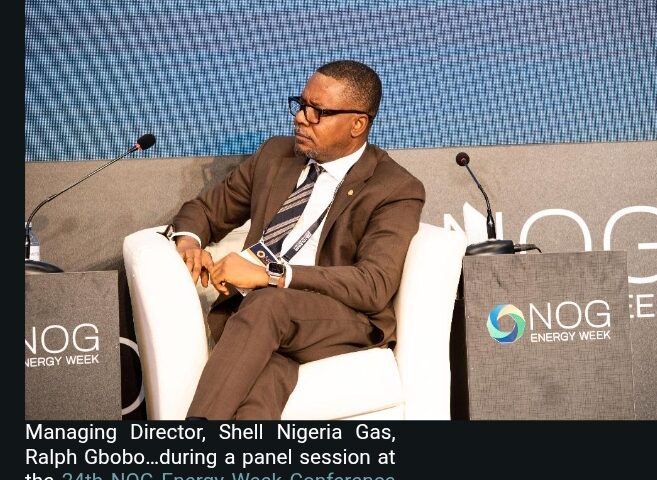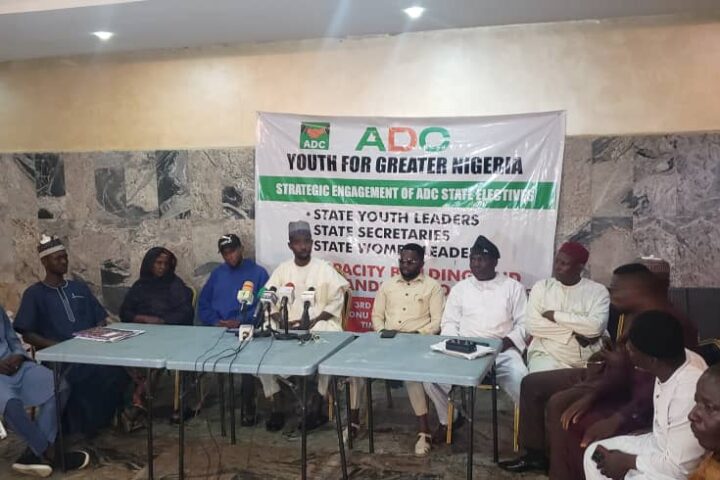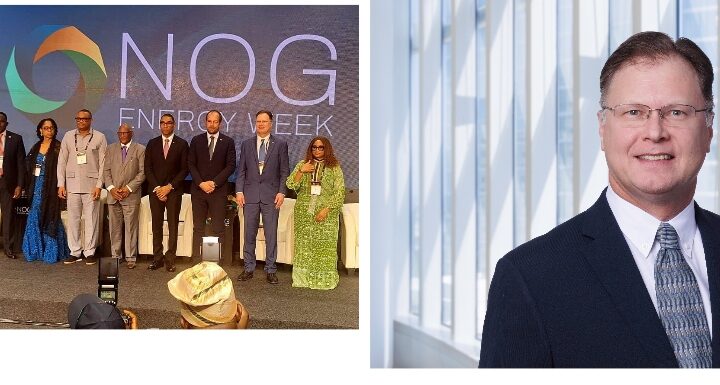The Federal Government has cited economic challenges as reason many rural communities in Nigeria are not connected to the national grid.
The Minister of Power, Adebayo Adelabu, who disclosed this during a recent meeting in Abuja with the Egyptian Ambassador to Nigeria, Mohammed Fouad,also highlighted Nigeria’s efforts to connect remote rural areas to power through renewable energy initiatives.
“Many rural areas cannot be connected to the grid due to economic constraints, but we cannot neglect them. Through our renewable energy programme, we are bridging this gap. We have secured significant investments, including $750m from the World Bank’s DARES project and an additional $190m from the Japan International Cooperation Agency to support this initiative,” Adelabu stated.
A statement by Adelabu’s spokesperson, Bolaji Tunji, quoted the Minister to have emphasised Nigeria’s abundant renewable energy resources, including solar, wind, and hydroelectric potential, expressing the government’s determination to harness these resources for sustainable energy access.
He also said Nigeria will learn power generation and transmission from Egypt which it described as a role model in the sector.
The meeting focused on strengthening bilateral cooperation in energy expansion, with a focus on renewable energy and rural electrification.
Adelabu commended Egypt’s achievements in the energy sector, describing the country as a role model in energy infrastructure development.
He expressed Nigeria’s interest in learning from Egypt’s experience in energy generation, transmission, and distribution, adding that the success in Egypt led to the engagements with Siemens with a view towards stabilising Nigeria’s power sector.
He added:“Egypt has made remarkable strides in energy transformation, and we are eager to collaborate and learn from your expertise. Our goal is to ensure reliable, stable, and affordable energy access for all Nigerians”
In his remarks, Fouad expressed Egypt’s enthusiasm for collaborating with Nigeria, particularly in closing the metering gap and sharing best practices in energy access.
He stated the shared goals and mutual benefits of strengthening bilateral ties between the two nations.
He added:“Nigeria and Egypt have much in common, and there is immense potential for collaboration in the energy sector. We are committed to working together to achieve sustainable energy solutions for both countries”.



